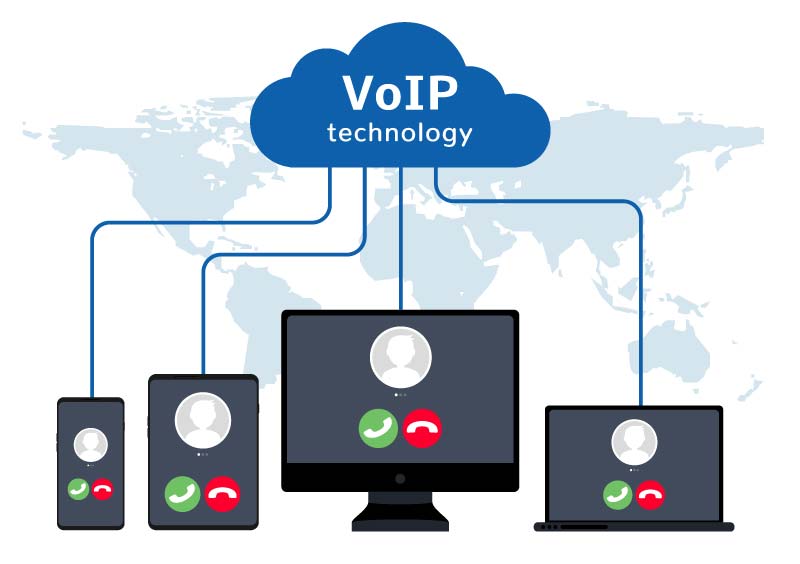
Voice over Internet Protocol (VoIP) is essentially a telephone connection over the Internet. The data is sent digitally, using the Internet Protocol (IP) instead of analog telephone lines. This allows people to talk to one another long-distance and around the world without having to pay long distance or international phone charges. This can be done through various applications, such as Skype, WhatsApp, Google Hangouts, Zoom, and Facebook Messenger.
Source: TechTerms, Vonage
Additional Reading: RingCentral Offers 3 Free Months of VoIP to Organizations Impacted by Coronavirus
SMBs tend to value simplicity, and that’s why many are making the switch from traditional phone systems to voice over internet protocol (VoIP). The traditional phone system has had a presence in the business world for decades, VoIP technology has exposed its age by wrapping most of the same features in a simplified, cloud-based package. When one option is faster to set up, easier to maintain, and more affordable and feature-packed than the alternative, any company would be remiss not to explore a potential upgrade. In other words, VoIP technology doesn’t just bring numerous advantages to the table, in many ways, it represents the next step for small business communication.
Discover and share the latest cybersecurity trends, tips and best practices – alongside new threats to watch out for.

Not surprising when Trouble Ensues Last summer, the interim head of a major U.S. cybersecurity agency uploaded...
Read more
And How to Fix Them Let me make an educated guess. You moved to Google Workspace because it was supposed to...
Read more
Remember Heartbleed? That security nightmare from a few years back that made everyone panic about their...
Read moreGet sharper eyes on human risks, with the positive approach that beats traditional phish testing.
